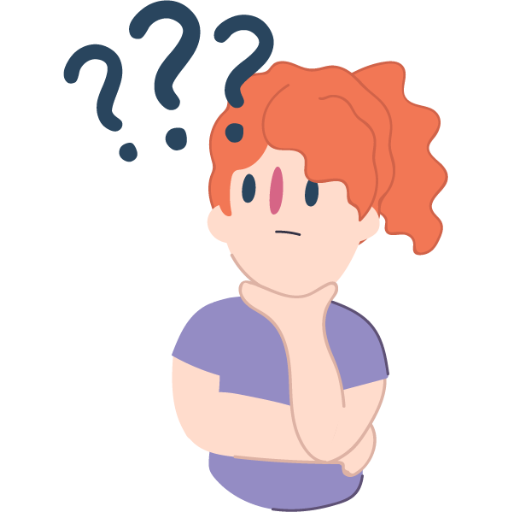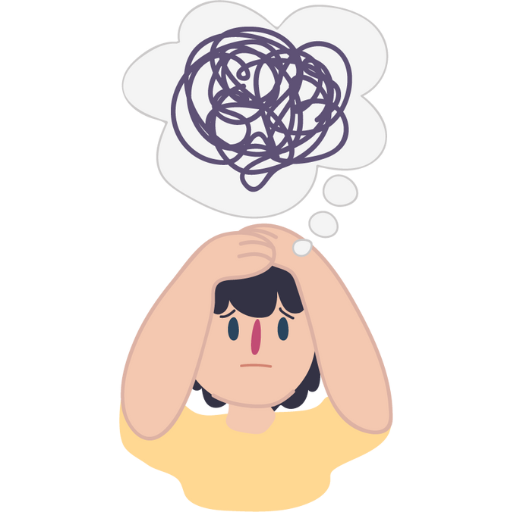Anxiety disorders
Most people have experienced anxiety, but not everybody has an anxiety disorder. ...
READ MELet’s look at what OCD is and explore how to cope and thrive.

Obsessions: repeated unwanted thoughts that make you feel stuck and distressed. It can help to think of these as intense worry thoughts, or 'sticky thoughts' (they get stuck in your head).
Compulsions: repeated behaviours that make the thoughts feel better temporarily.
People often describe having an intense ‘urge’ to do the behaviour, and feel relief after doing it. These behaviours are often physical (and are sometimes called rituals because they are temporarily soothing and are repeated). However, many people also have ‘mental compulsions’ (deliberate thoughts) they use to manage OCD as well.
Physical compulsions:
Physical compulsions are sometimes called ‘rituals’.
Mental compulsions:

Don't engage with the thoughts and try to 'figure them out'

Accept the thoughts and don't try to argue with them (this can make the thoughts worse)

Know these thoughts are automatic - they pop into your head for no reason and don't 'mean' anything bad about you
Remember compulsive behaviours can feel helpful and bring relief at first – but unfortunately, they are often ‘good guys in disguise’ - they can get more and more controlling
Know your triggers - this can help you prevent/avoid a compulsion before it becomes too intense
Schedule them at a certain time - sometimes, trying to stop altogether can be tough. Putting a 'boundary' around when you do it can help you feel more in control
Change the behaviour – you might delay it, shorten it, or change the pattern in other ways, e.g. instead of washing your hands with three pumps of hand soap, use two
Build up time between when you feel the 'urge' and when you do the behaviour
Here are some other things that might help.
You can also chat with Kids Helpline. Give us a call, start a WebChat or send us an email anytime, for any reason.
Anxiety disorders
Most people have experienced anxiety, but not everybody has an anxiety disorder. ...
READ MEDepressive disorders
Most people have experienced feeling depressed, but not everybody has a depressive ...
READ MECoping strategies
If you are feeling stressed, anxious or just struggling to deal, there ...
READ MECoping strategies: As told by you!
We hand the mic over to you to share the coping strategies ...
READ METalking helps! We’re here for you.
No problem is too big or too small.
We're here 24 hours a day, 7 days a week